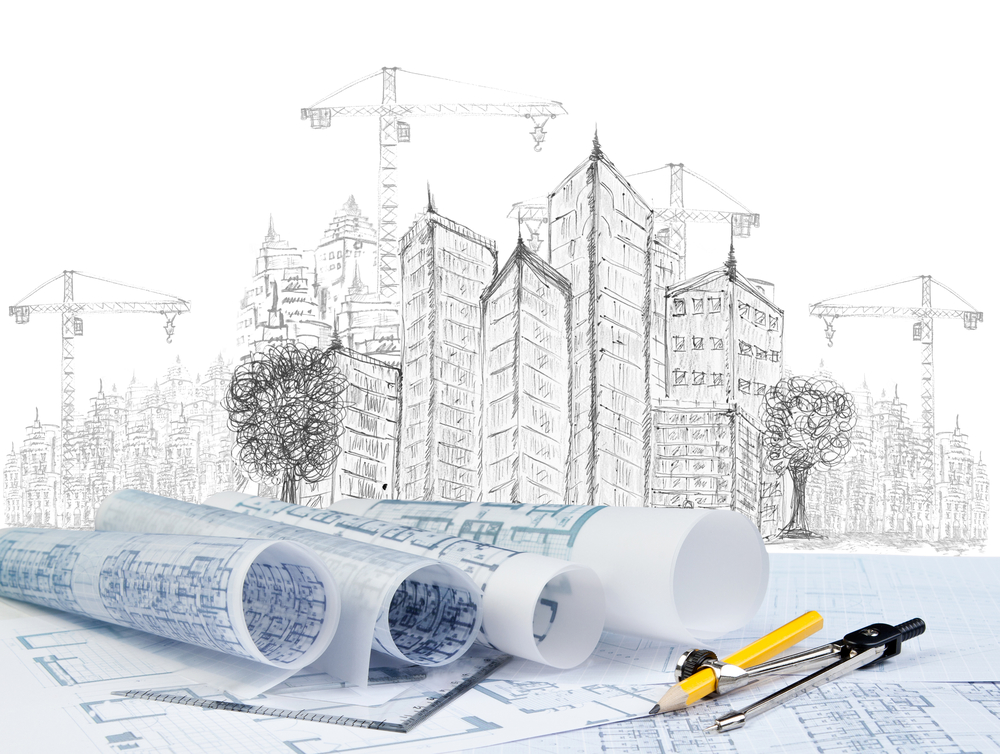The need to standardize the procedure is the conclusion of the inquiry promoted by the North and South Regional Directive Councils of the Order of Architects together with Municipal Councils throughout the national territory and of architects who are members of the Order.
«The standardization of procedures through a single digital platform model for the entire country is relevant, as it will streamline the methodology and dynamics of the dematerialization of processes related to urban operations, will reduce waiting times, becoming an incentive for investment, fundamental in the context of recovery», says Cláudia Costa Santos, president of the Northern Regional Directive Council of the Ordem dos Arquitetos.
The president of OASRN explains that it would be very beneficial to implement a unified computer system, with equal functions and equal working environments, with equal requirements models, a single remote maintenance and technical support structure and the creation of permanent support lines, made up of specialists.
It would be possible to save time, avoid travel, facilitate dynamic procedural processing, reduce costs for all parties involved in the processes (technicians, applicants and licensing institutions), increase the efficiency and effectiveness of the service response, as well as contribute to the satisfaction of investors and citizens.
"The Northern and Southern Regional Directive Councils of the Order of Architects are convinced that, in this way, the Portuguese State will eliminate anachronistic and time-consuming procedures with a great impact on the national economy, while allowing private investment to be leveraged and the public system to be optimized", says Cláudia Costa Saints.
The survey confirmed that both architects (90%) and City Councils (70%) consider that the creation of a single platform is of great importance.
The interest was reinforced by 78% of architects and 47% of municipalities, who said it was extremely important.
The unique electronic platform would guarantee a harmonious technical performance, greater professional responsiveness and greater satisfaction for system users.
The Portuguese State would have an advantage in creating a single platform model, as it would allow the remote operation of municipal services related to the procedural processing of urban operations, would guarantee the effectiveness of the services provided to project owners and designers, without the necessary travel, as well as , for the implementation of a service that would allow, when necessary, direct distance work. Basically, as it turned out to be essential in the face of the COVID-19 disease pandemic.
In addition to all the aforementioned points, it would also be possible to gather in this system the available information that guides the construction, which will lead to the implementation of a Technical Building Code.
For the next phase, the North and South Regional Directive Councils of the Order of Architects propose to «create a working group that promotes the dynamics of dematerialization underway in the different municipalities, with a detailed analysis of the existing systems, in order to more concretely assess the difficulties experienced by technicians in this context, in accordance with the objectives of the Portuguese State for the dematerialization of processes in Public Administration, through the implementation of a Single Platform».
«Although the Portuguese State has, in recent decades, promoted the adoption of measures that result in the dematerialization of processes in public administration services, seeking to completely eliminate the sending on paper of a significant volume of information, as well as significantly reducing the During the period of analysis, the reality is that some Municipal Councils are still not prepared to move forward in the implementation of computer systems, due to the lack of means, equipment and specialized personnel to be able to respond to this requirement. As such, after more than ten years it is necessary to articulate a computer system that takes into account the different local operational realities», stresses the Ordem dos Arquitetos, in a statement.
The need to change the existing reality has been recognized, with regard to the relationship of the citizen/investor/technicians with municipalities, namely in matters related to Urban Planning, and that the Government assumed with measure #26 of Simplex 2018, the need to «articulate and harmonize municipal procedures, namely, audits in the areas of urban planning and public procurement, municipal licensing and regulation, in order to facilitate and simplify the relations that investors and citizens have with the Municipalities. It is intended to provide the public sector with local administration with new methods and more harmonious organizational solutions that favor and strengthen networked performance, consolidating municipal competitiveness».
Survey data sheet
The survey was carried out by the company Pitagórica SA, which worked with a sample, with a response rate of 44% from municipalities, which is seen as a very positive adhesion, as it usually ranges between 10% and 20%.
At the same time, a survey of OA members was carried out, with a very high participation, resulting in a very low margin of error. On-line questionnaires were carried out to the universe of architects registered with the Ordem dos Arquitetos and another on-line questionnaire to the universe of all Municipal Councils in the National Territory (mainland and islands). All questionnaires were promoted online/web interviews, carried out through the system CAWI – Computer Assisted Web Interview.
For the Municipalities, 308 emails were sent, with 137 interviews being considered valid. With a sampling error of +/- 6,36%. The participation of architects was requested by the North and South Regional Sections of the Order of Architects in September 2019, with 20.137 emails being sent to effective members, considered valid 2.669 interviews. With a sampling error of +/- 1,80%.



















Comments